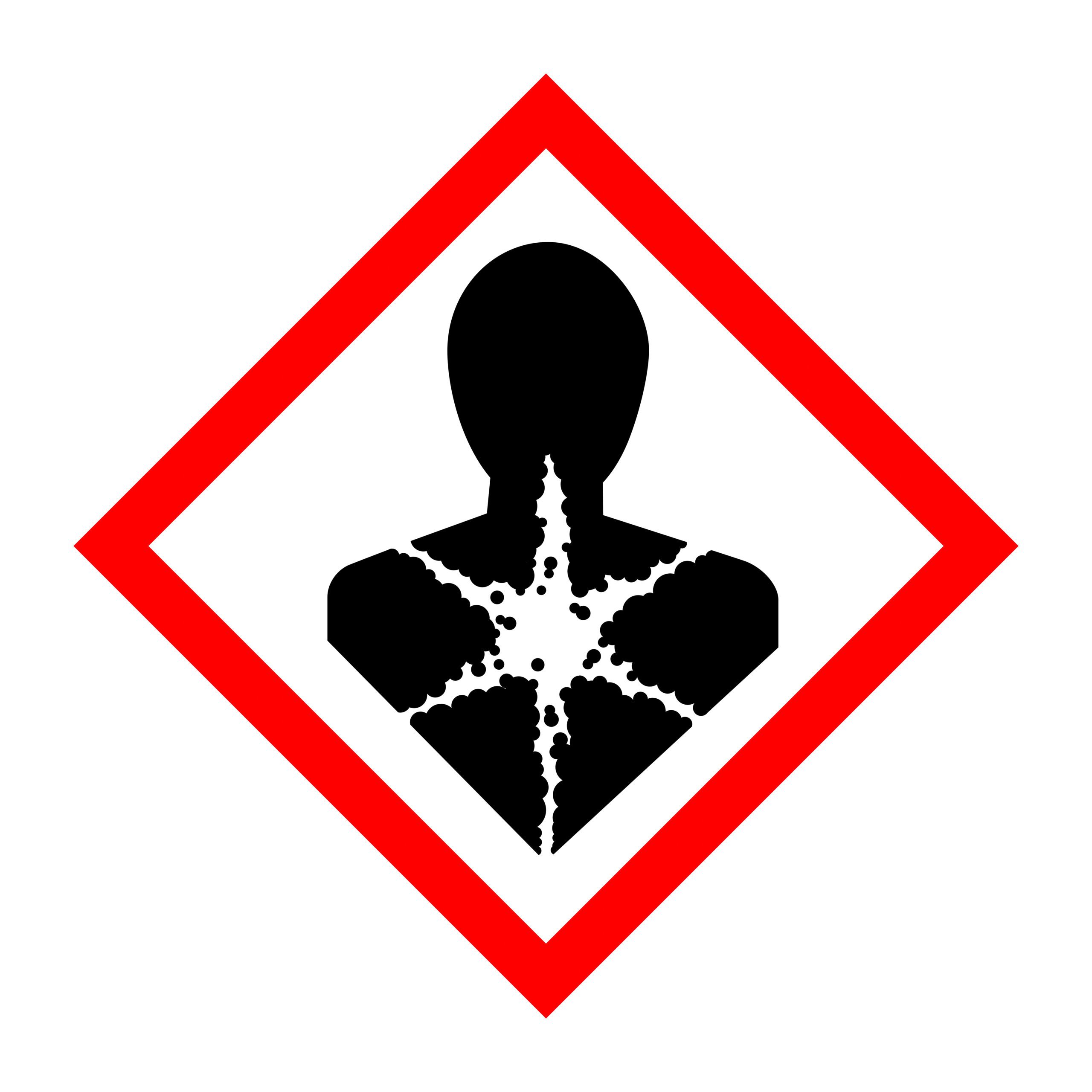5 Hidden Health Dangers the FDA Doesn’t Want You to Know About
July 28, 2016
 1364
1364 
These days anything labeled as “natural” or “organic” is a marketing goldmine. From natural skin care products to natural fruit juice, the word is tossed about in marketing circles and then delivered to trusting consumers like manna from heaven.
But what does “natural” mean, exactly?
In many instances, not much. And if you think cosmetically companies aren’t walking the straight and narrow when it comes to their claims, guess what? You’re right. When it comes to FDA regulation, the word “natural” doesn’t even have a legal definition. But you and I both know what consumers are thinking. In the back of our minds, if something is natural or organic, then it must be healthy and safe, right?
Not so. Especially when it comes to skin care.
So, who’s looking out for you?
You may not know this, but government agencies like the FDA do not regulate the skin care industry. There is no accountability for what they actually put into their lotions and creams. The sobering reality is the FDA doesn’t have the power to circumvent the deliverance of dangerous skin care products into consumer’s faithful hands. It’s true.
What that means to you is the expensive lotions and potions you carefully rub into your skin each night could very well contain chemicals that are robbing you of your good health – and even accelerating the aging process.
5 Hidden Dangers That May Be Lurking In Your Skin Care
It’s important to note that natural skin care products are not created equal. While it’s true that some are very good, others are a toxic soup of hazardous additives. And though the natural cosmetic industry has differing opinions as to what is safe and what is not, there is a general consensus that several are potentially dangerous.
Why even take the risk? When shopping for a natural skin care product, you should look for those that do not contain the following ingredients:
Parabens – Parabens are a group of anti-microbial chemicals that are toxic and can cause skin rashes. That’s bad enough but it doesn’t stop there. Since parabens mimic estrogen, they may increase the risk of breast cancer. These chemicals have actually been found in the tissues of some breast cancer patients.
Synthetic fragrances – Not only are synthetic fragrances known allergens, they’ve been known to trigger asthma attacks and migraines.
Sodium lauryl sulfate – Found in shampoos, cleansing gels, and bubble baths, sodium lauryl sulfate is a corrosive cleansing agent that can strip the protective agents from the skin. It can penetrate vital organs such as the eyes, liver, heart and brain causing a host of complications.
Synthetic colorants – Known to cause a slew of health problems ranging from skin rashes to nervous system disorders and even cancer.
Petroleum ingredients – Skin care products containing mineral oil can block pores and cause acne. Some also contain known carcinogens.
Pretty frightening when you think about it, right? But don’t get too alarmed just yet. The good news is it is possible to find 100% natural skin care products that are completely free of harmful toxic ingredients. That means no harm to your skin over the long term. That’s extremely important because skin is incredible porous and absorbs much of what is put on to it – the good and the bad.
If you’re looking for a natural skin care product line that is not only safe and natural but actually regenerates and protects your skin continuously, make sure you understand what you’re reading on the labels. Don’t leave youthful looking skin – and your health – to chance.

A new study suggests that a widely used sugar substitute found in diet sodas, chewing gum, and low-sugar yogurt may elevate insulin levels. This could increase the long-term risk of heart disease. “Artificial sweeteners have infiltrated nearly all types of food, making it crucial to understand their long-term health effects,” said Yihai Cao, senior author […]

Diet Coke has long been a fan-favorite among soda lovers who want a fizzy, guilt-free alternative to traditional soft drinks. While its zero-calorie, zero-sugar label makes it seem like a healthier option, the reality is far more concerning. Despite its undeniable popularity, Diet Coke’s nutritional profile has raised red flags among health experts for years. […]

New study shows that embracing an anti-inflammatory, plant-forward diet can support cognitive function and help reduce the risk of dementia. What You Eat Shapes Your Brain The food you eat doesn’t just impact your body—it also affects your brain. Research suggests that eating an anti-inflammatory, plant-based diet can help improve memory, focus, and overall brain […]